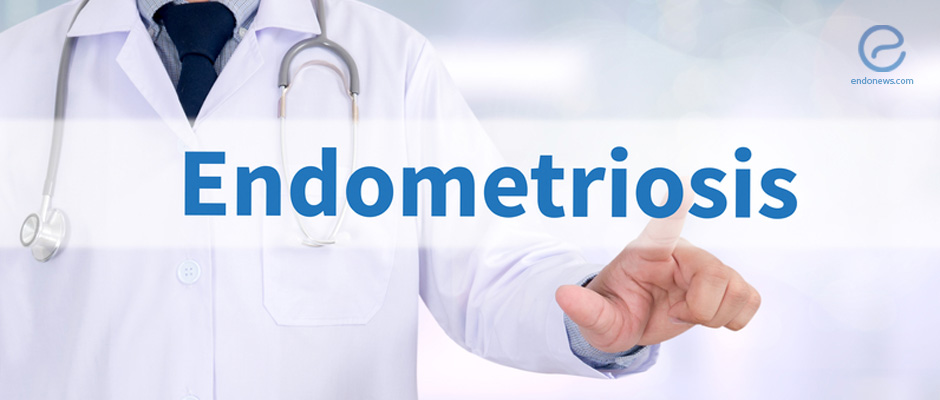Endometriosis Should be Diagnosed Timely and Properly
Sep 22, 2017
Jacqui Wise reviews the NICE guidelines and discusses the importance of timely and proper diagnosis of endometriosis.
Key Points
Highlights:
- Jacqui Wise discusses the new guidelines for the diagnosis of endometriosis set forth by The National Institute for Health Care and Excellence (NICE) and then proceeds to talk about the disease’s impact and treatment options.
Importance:
- Many women with endometriosis suffer for extended periods of time before their symptoms are properly diagnosed.
- This delayed diagnosis can have adverse impacts on various facets of their lives.
What’s done here?
- Ms. Wise reviews the NICE guidelines.
Key results:
- The NICE guidelines state that the manifestation of the following symptoms in women and teenage girls could warrant a diagnosis of endometriosis:
- Persisting pain in the pelvis
- Dysmenorrhea that affects daily quality of life
- Pain due to coitus
- Menstrual linked or gastrointestinal symptoms that manifest recurrently
- Menstrual linked or recurrent urinary symptoms
- Infertility in the case that it occurs alongside one of the aforementioned symptoms
- The guideline continues to state that normal scans do not imply that endometriosis is not present.
- If a doctor suspects endometriosis, the patient should be assessed once more
- 10% of women have endometriosis
- Misdiagnosis or delay diagnosis can have significant whole-body impact
- While it is difficult to diagnose the disease, proper diagnosis can lead to better treatment, which currently consists of analgesics and hormonal therapies.
- When it comes to treatment, there are many options for women suffering this disease.
Lay Summary
The pain of endometriosis is often worsened by delayed diagnosis. The National Institute for Health Care and Excellence (NICE) recently published guidelines for the quick and accurate diagnosis of endometriosis. Jacqui Wise discusses these recommendations and their implications in her piece “NICE urges GPs to diagnoses endometriosis more quickly."
Ms. Wise starts her paper by referring to the guideline's list of symptoms that are linked with endometriosis. Next, she talks about the prevalence and the adverse whole-body impacts associated with endometriosis.The literature ends by delineating the treatment available to an individual with endometriosis while simultaneously acknowledging the fact that endometriosis is a difficult disease to detect and diagnose.
Research Source: https://www.ncbi.nlm.nih.gov/pubmed/28883018
NICE Guidelines diagnosis

